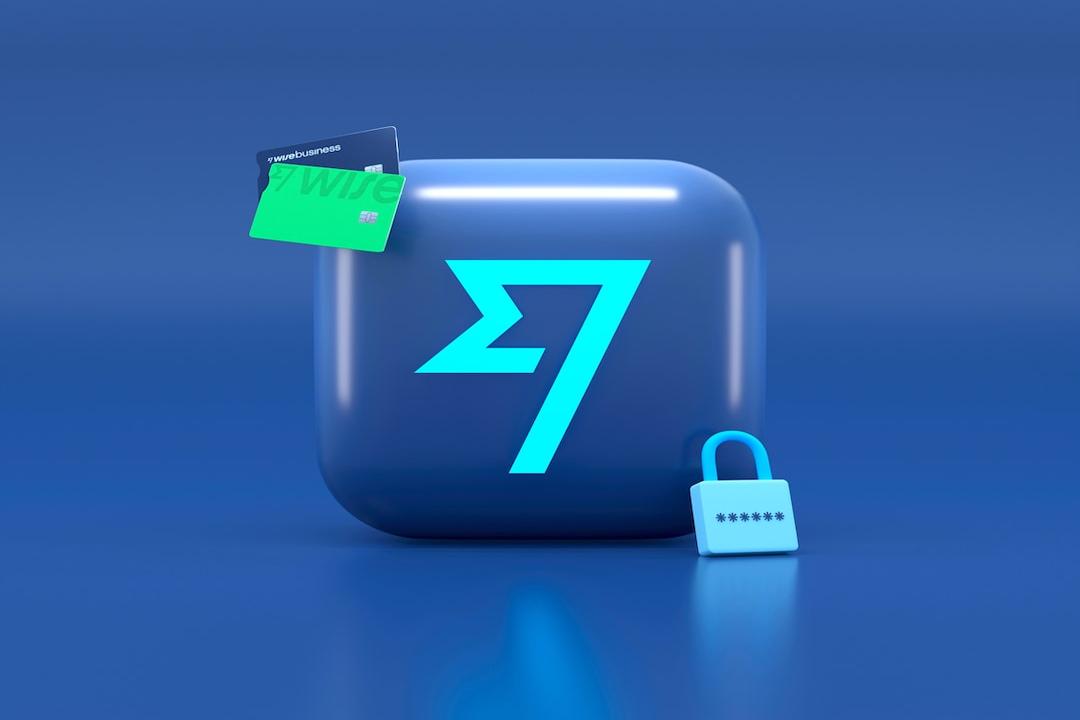The Dubai International Financial Centre (DIFC) has made significant legislative changes to its legal system in order to adapt to the fast-paced developments in international trade and financial markets. With over 5,000 residents, the DIFC is a special economic zone that operates under English law.
To provide legal certainty for investors and users of digital assets, the DIFC has introduced a new Digital Assets Law and amended several existing laws. The Digital Assets Law consists of seven pages of text and additional appendices. Although a law amending previous legislation for digital assets has been passed, it is not currently available online.
The DIFC has emphasized that the changes to the Law of Obligations have made electronic records equivalent to paper records. Additionally, the Security Law 2024, which replaces a 2005 law and its 2019 amendment, incorporates the Financial Collateral Regulations and aligns with international best practices, following the United Nations Commission on International Trade Law’s Model Law on Secured Transactions.
In recent years, the DIFC has updated its cryptocurrency regulations and started subsidizing licenses for artificial intelligence and Web3 companies. As a result, the DIFC has experienced significant growth, with a net profit of $203 million in 2023, a 45% increase from the previous year. The number of new registrations also rose by 34%, attracting hedge funds and businesses from Europe and the United States.
While the DIFC’s new Digital Assets Law is considered groundbreaking, other jurisdictions, such as China, Singapore, and Hong Kong, have previously addressed the issue of cryptocurrency as property through court rulings.
For those interested in the crypto industry, Dubai serves as a prominent hub with its Crypto City, offering a comprehensive guide to the vibrant crypto scene in the city.

